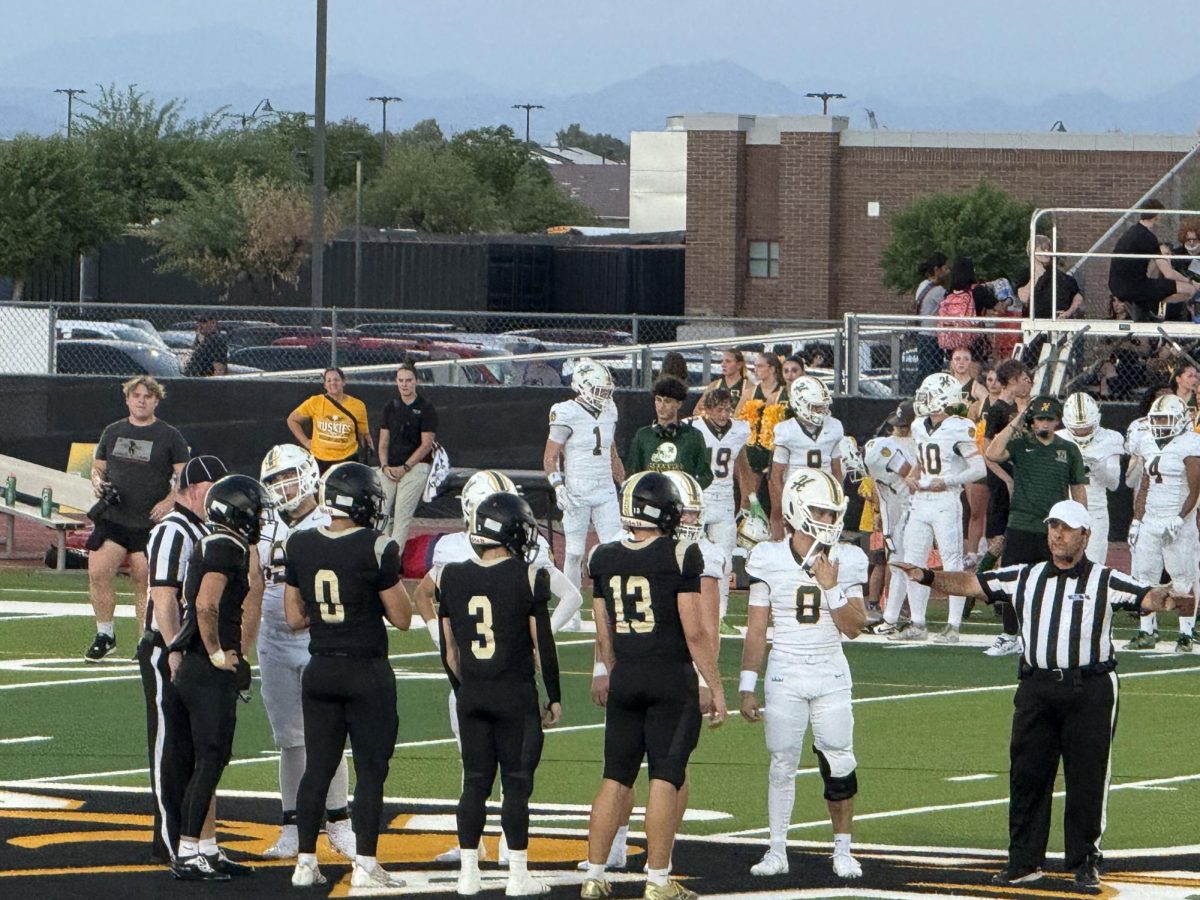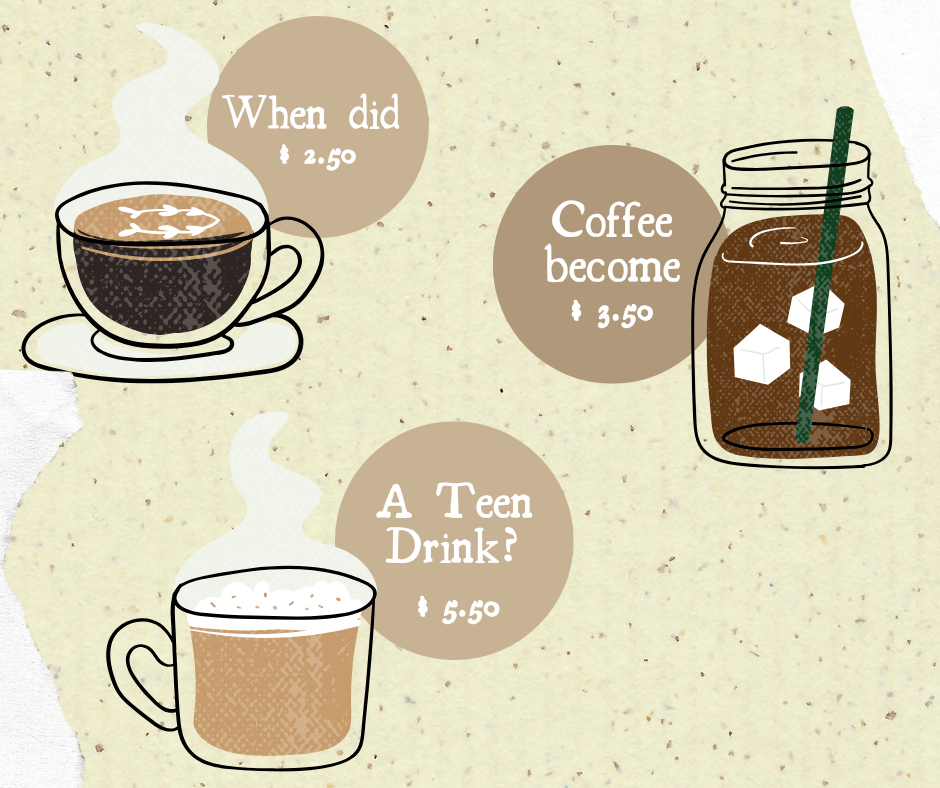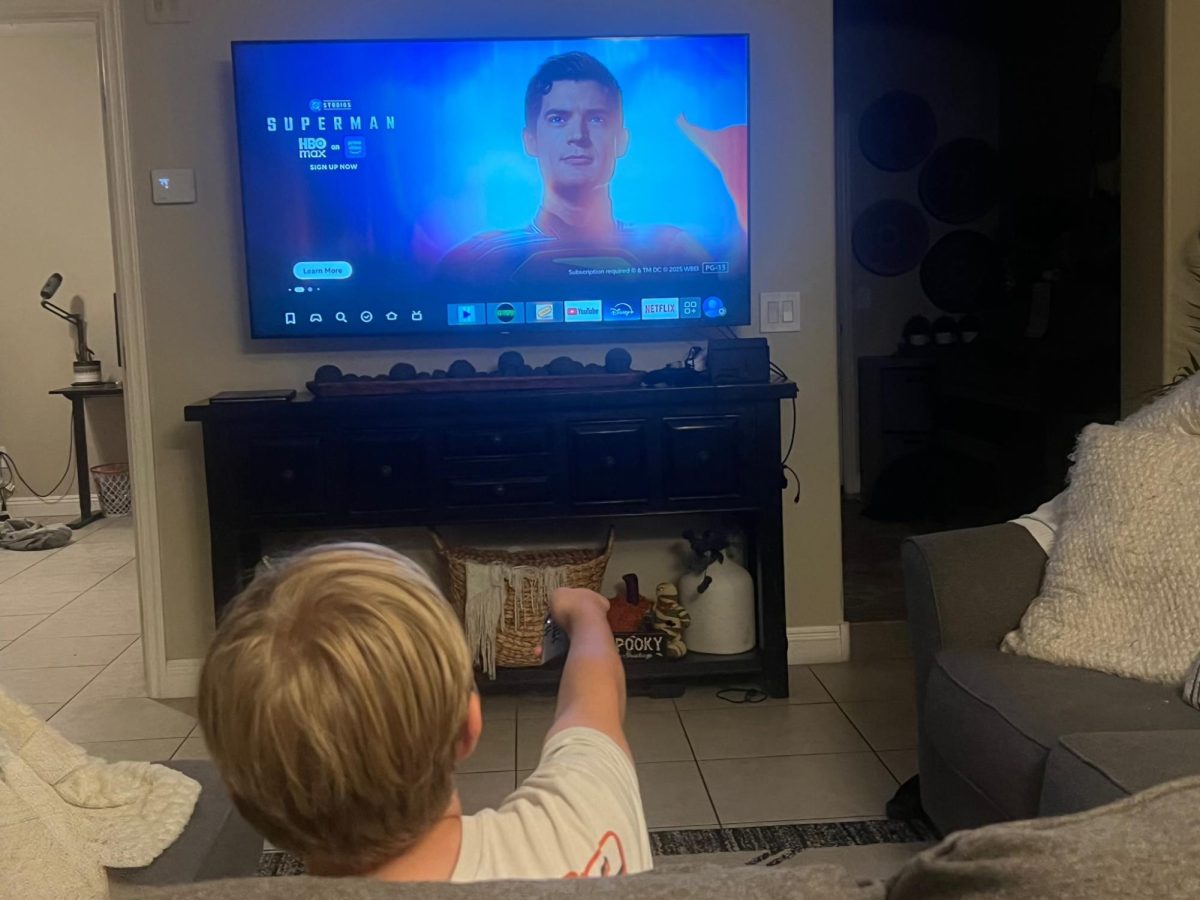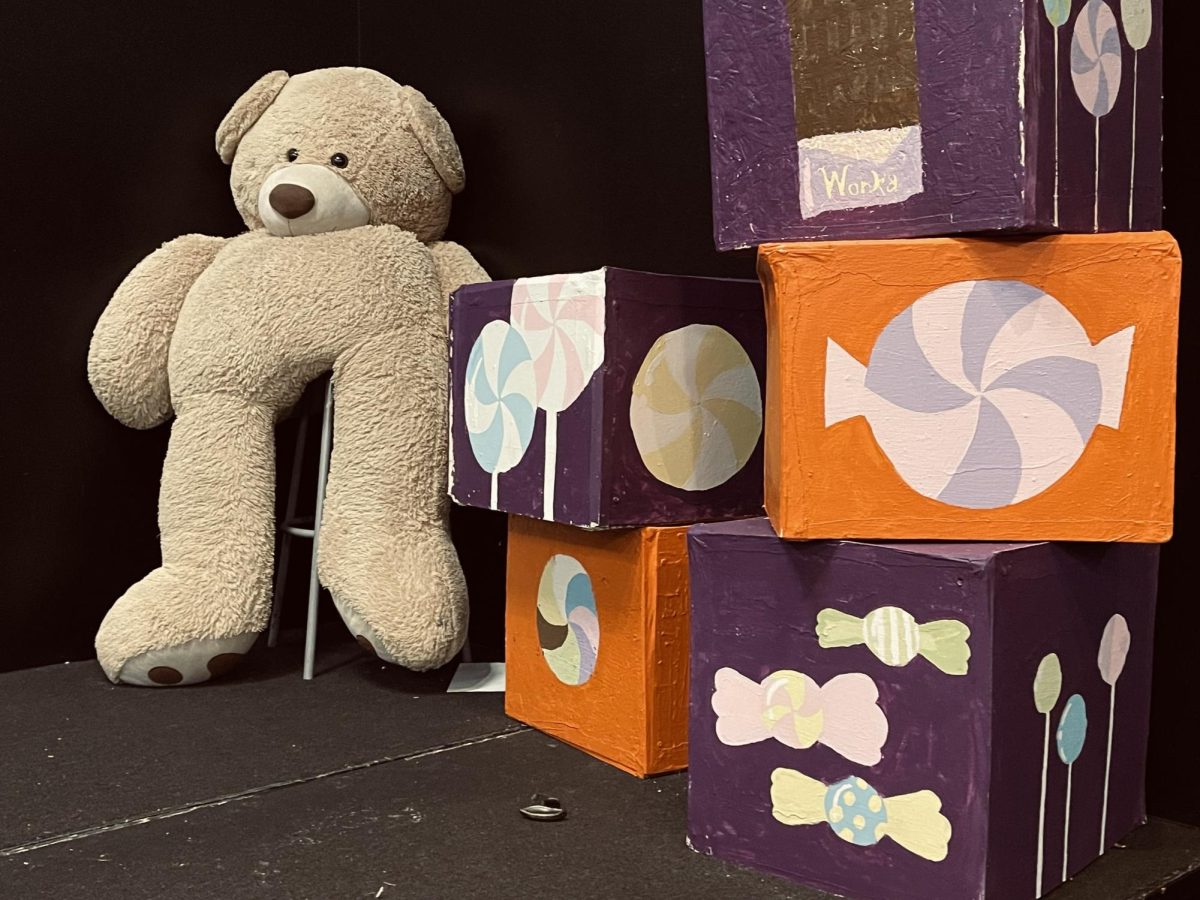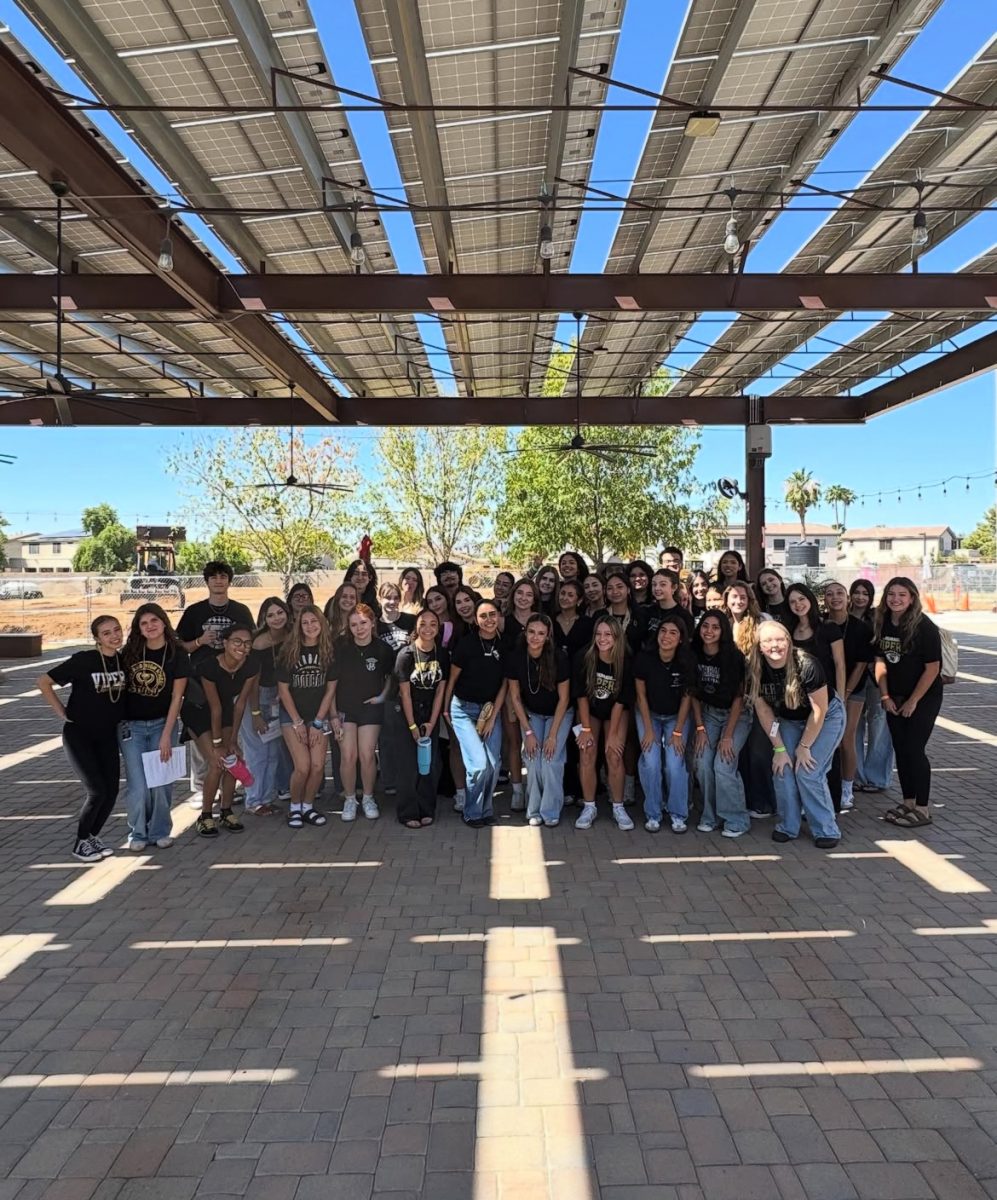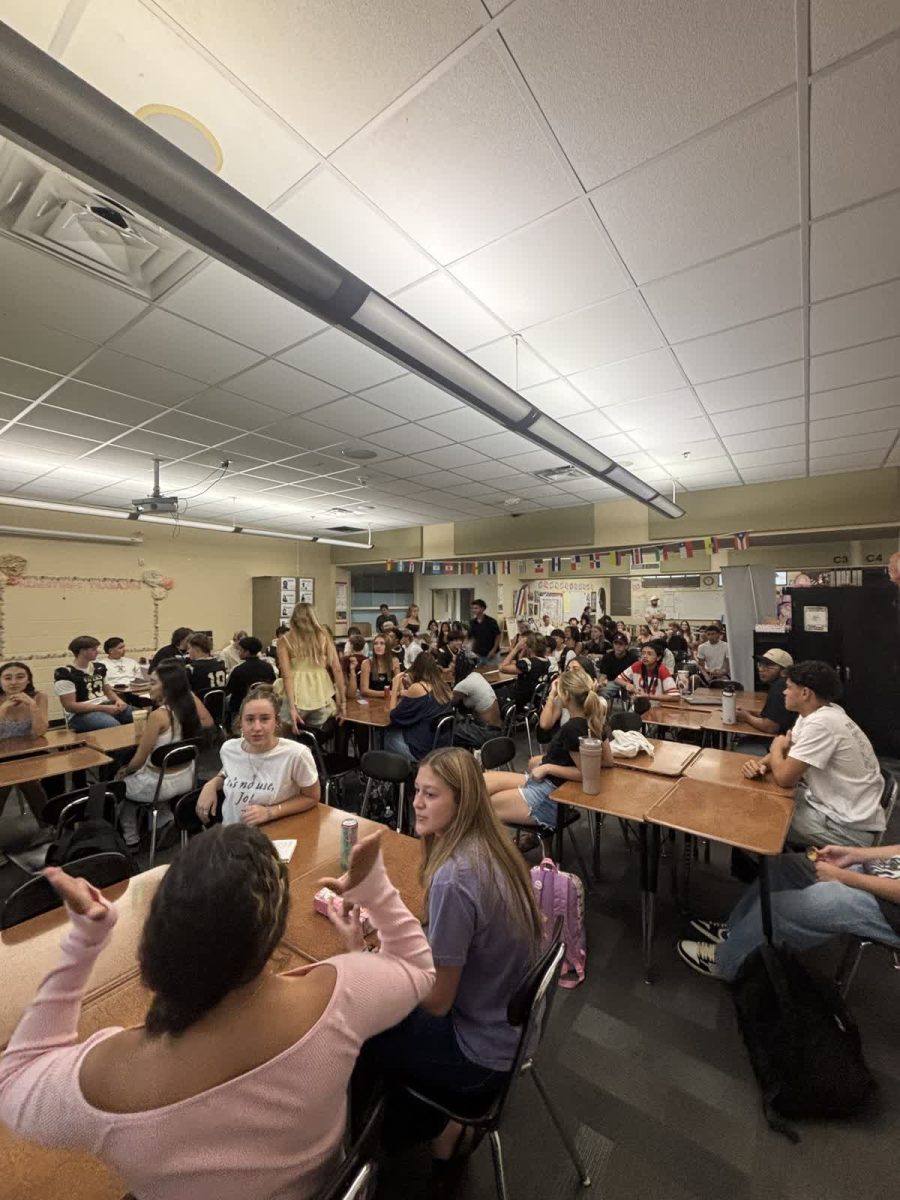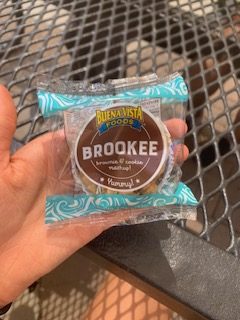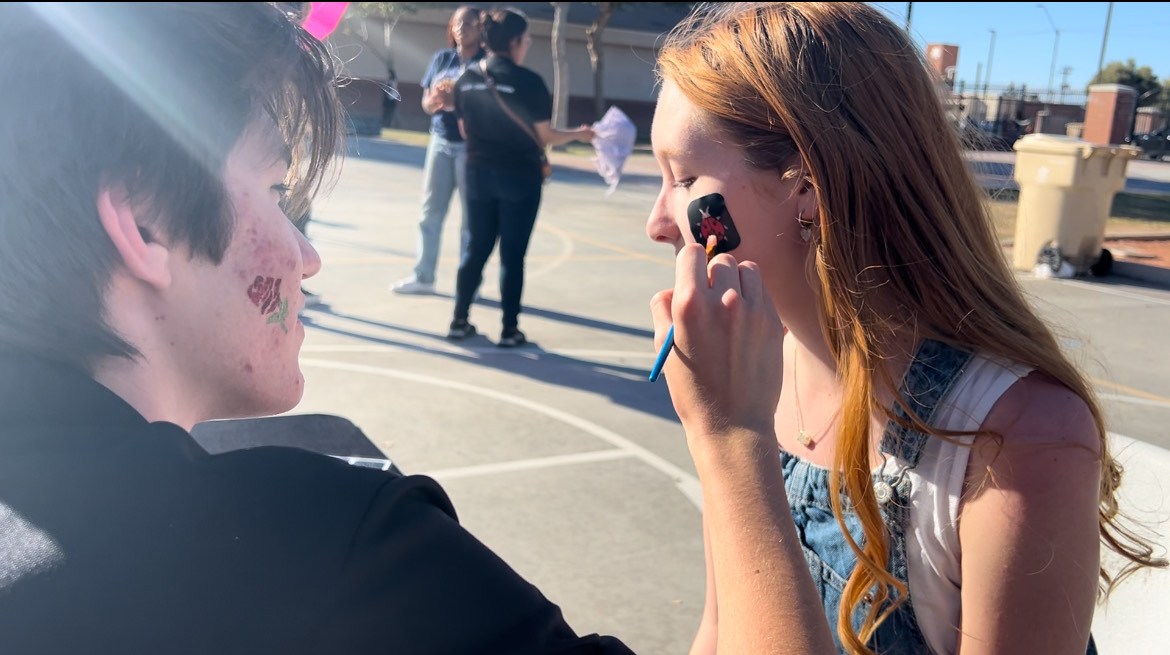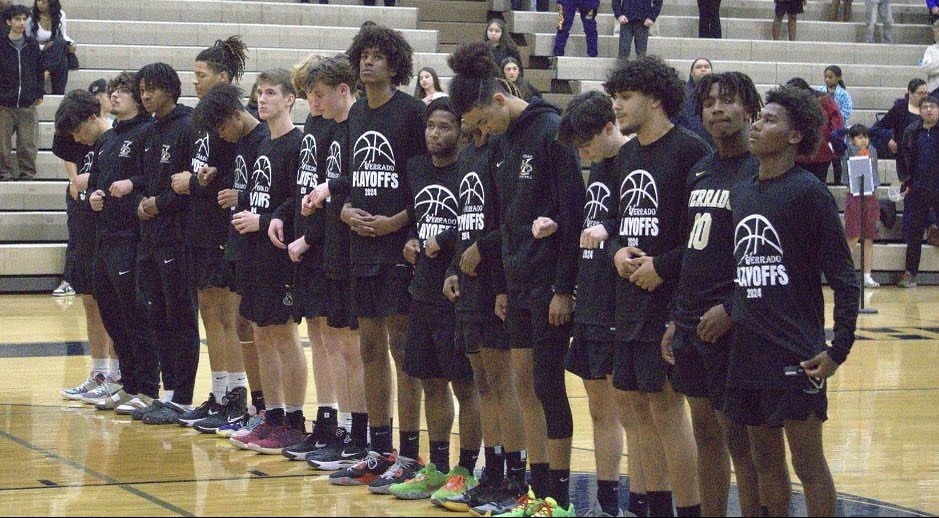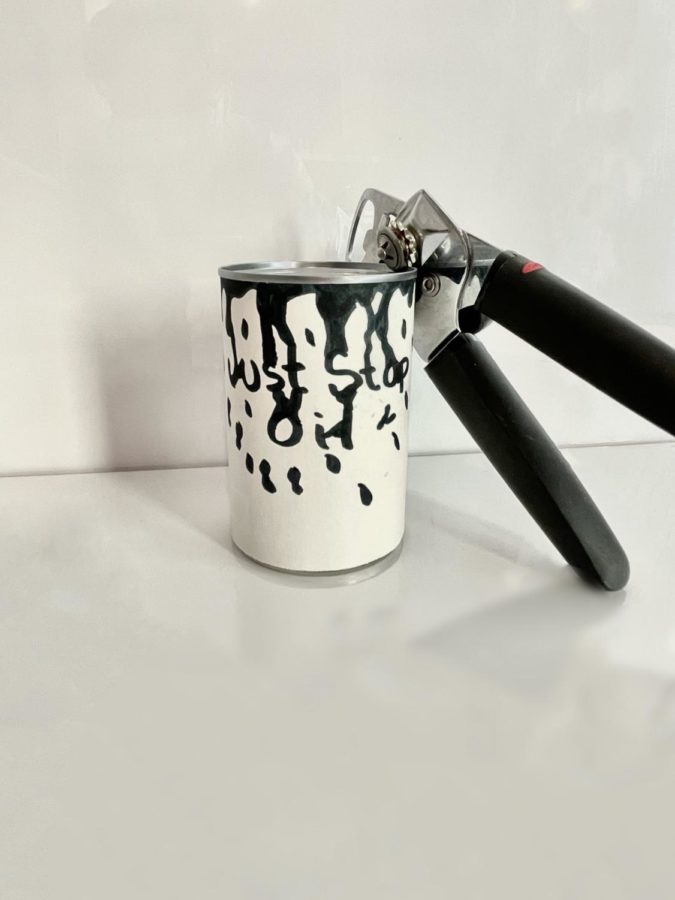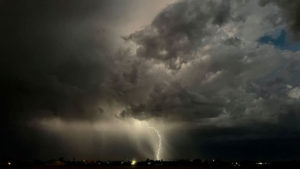Climate Change Protestors Hit the Art World
Some protesters believe the key to ending global warming lies in oil production.
November 4, 2022
It’s no secret that our world is in danger of being permanently harmed by global warming. With country leaders trying to stop this occurrence, it begs the question – are they acting fast enough?
Many ordinary people have decided to take it into their own hands to try and make a difference. Lately, it has been a trend to get the attention of higher-ups on a more public scale. This year alone, there have been several incidents of protestors vandalizing important works of art in museums. Most of the time, these protestors will sport a “JUST STOP OIL” t-shirt and then finish the job by gluing themselves to a wall. These protests, while strange, just might make enough sense for people to listen. Sure, wrecking priceless art that can’t ever be recreated by the original hand is quite radical, but there is actually no damage done to any of the pieces. In most museums, paintings are covered with a thin sheet of protective glass. Therefore, throwing soup or cake at it does not harm the paintings at all. This, however, is not always the case for frames. Frames are often wrecked in the act, but that seems a small price to pay to get an urgent message across. The window for stopping climate change is quickly closing and when people prioritize other issues over this, they give our world less and less of a chance of repairing itself. One of the more recent occurrences, when 2 protestors threw cans of tomato soup onto Van Gogh’s famous sunflower painting, gained immense media attention. So far, not much has been done by world leaders in regard to climate change since this event. The group, under the Just Stop Oil moniker, has been performing peaceful protests, such as this, all across the UK. The soup-on-paintings tactic has been more of a recent stunt and appears to be working in starting the conversation on a more eco-friendly lifestyle.
In light of these protests, many people are shocked, and some even disgusted, that people would destroy priceless art to simply make a statement, but isn’t our world priceless too? And if none of the paintings thus far have been damaged, then there is no argument for why protests should be stopped. People need to realize the urgency and intent of these protests to be able to understand why the Just Stop Oil group even exists. Maybe it’s time to consider what Just Stop Oil protestor, Phoebe Plummer, meant when she asked those attending London’s National Gallery, “What is worth more – art or life?”




